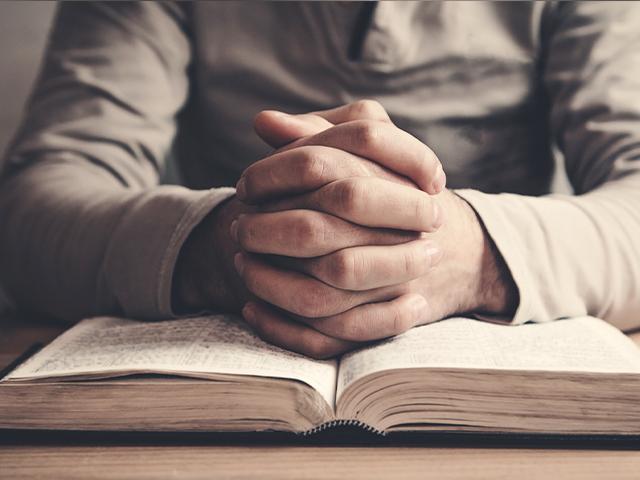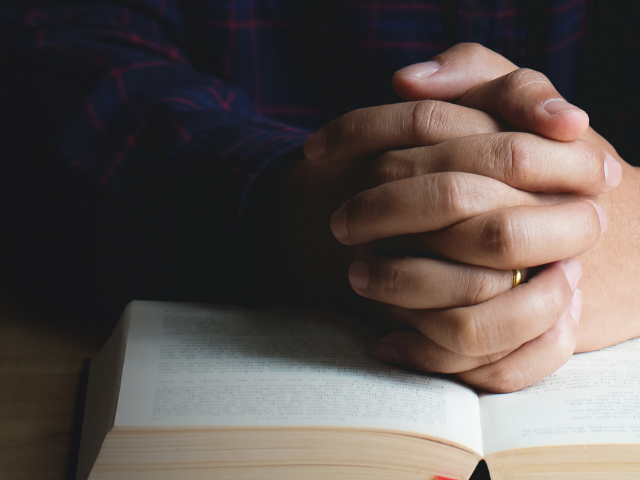In our quest for spiritual fulfillment, we often find ourselves grappling with doubt. Doubt can be unsettling, challenging our beliefs and rattling the very core of our faith. Yet, in the midst of uncertainty, doubt can serve as a catalyst for growth, leading us on a profound journey of self-discovery and a deeper understanding of our beliefs. This blog post explores the concept of embracing doubt as a transformative process, where faith and questioning coexist harmoniously.
- The Nature of Doubt
Doubt is a natural part of the human experience. It arises when we encounter conflicting ideas, uncertainties, or unanswerable questions. Doubt can manifest in various forms: doubts about the existence of a higher power, the validity of religious doctrines, or the purpose of our lives. Rather than viewing doubt as a sign of weakness or wavering faith, we can perceive it as an invitation to explore, question, and seek answers.
- The Uncomfortable Threshold
Embracing doubt requires stepping into a discomforting threshold. It means acknowledging that our beliefs may not be absolute and that our understanding of spirituality is subject to change. Stepping into this uncertainty can be frightening, but it opens doors to new perspectives and a broader understanding of the world and our place in it. By confronting doubt head-on, we challenge ourselves to grow intellectually and spiritually.
- The Path of Questioning
Questioning is an integral part of embracing doubt. It is through questioning that we deepen our understanding and find meaning in our beliefs. By asking challenging questions, we engage in critical thinking, separating blind faith from informed conviction. Questioning nurtures curiosity, inspiring us to explore different perspectives and embrace a more nuanced approach to faith. It is an opportunity to shed outdated beliefs and construct a personal understanding rooted in authenticity.

- Faith in the Face of Doubt
Embracing doubt does not mean forsaking faith; rather, it invites us to examine the foundations of our beliefs and discover a more resilient faith. Faith, when confronted with doubt, has the potential to grow stronger. It becomes an active choice, fortified by our willingness to question, wrestle, and seek answers. Through this process, we develop a more robust spirituality that is grounded in personal conviction and a deeper connection to our beliefs.
- The Transformational Power of Doubt
Embracing doubt can be a transformative experience. It challenges us to confront our biases, expand our knowledge, and cultivate empathy for those with different perspectives. Doubt can lead to greater humility and a recognition of the vastness of the mysteries that surround us. As we navigate through doubt, we become more open-minded, compassionate, and understanding individuals, fostering a sense of unity and shared humanity.
Conclusion
Embracing doubt is not an easy path, but it is a journey that can enrich our lives and deepen our faith. By embracing doubt and questioning, we embark on a profound exploration of our beliefs, expanding our understanding and nurturing a more authentic spirituality. Doubt can be a catalyst for growth, transforming our faith into an evolving, dynamic force that enriches our lives and enhances our connection with the world around us. So let us welcome doubt as a companion on our journey, embracing its challenges and embracing the transformative power it holds. If you enjoyed this article then visit BibleKeeper.com for more interesting articles.




